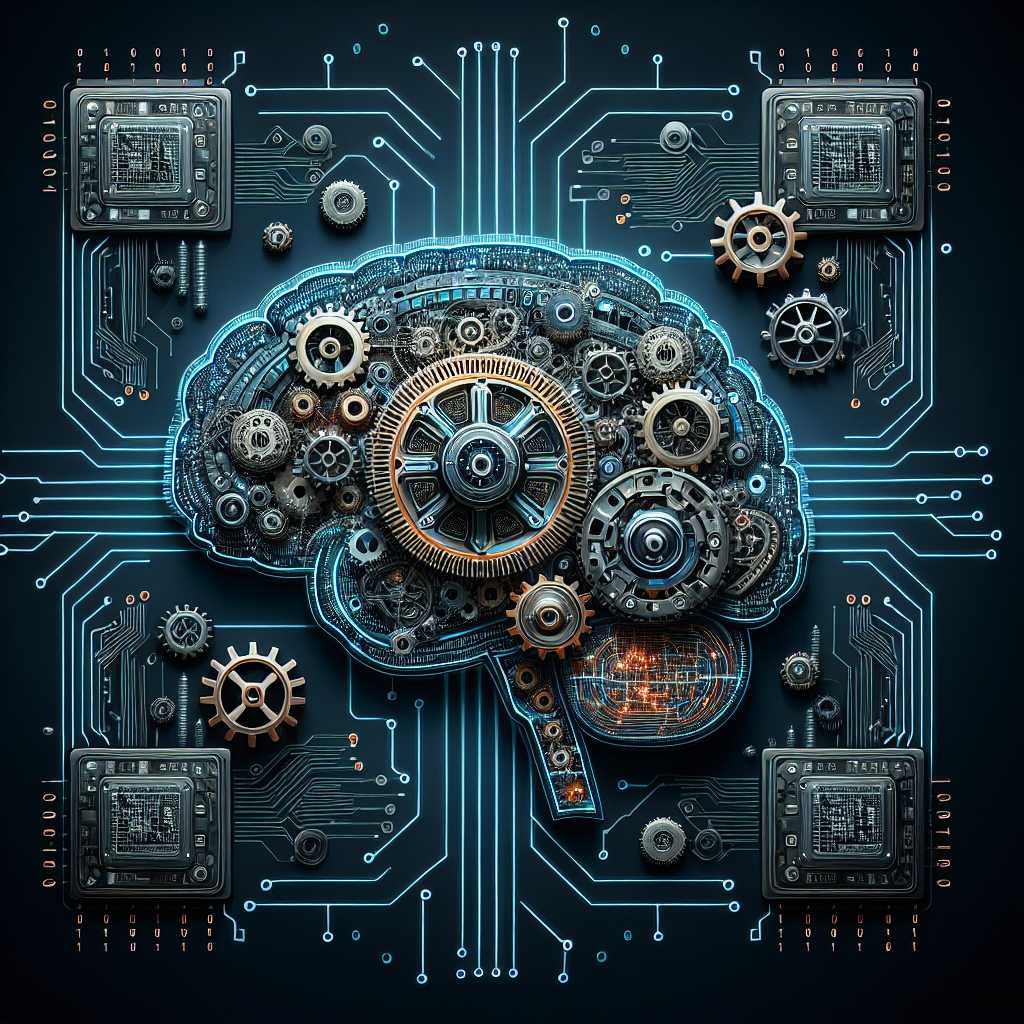Demystifying AGI: Understanding the Science Behind Artificial General Intelligence
Artificial Intelligence (AI) has been a buzzword in the tech industry for quite some time now. From self-driving cars to virtual assistants, AI has already made its mark in various fields. However, there is a more advanced form of AI that is the subject of much speculation and excitement – Artificial General Intelligence (AGI). AGI is the concept of a machine that possesses the same cognitive abilities as a human, capable of understanding and learning any intellectual task that a human can.
In this article, we will delve into the world of AGI, exploring what it is, how it works, and the potential implications of its development. We will also address some common questions and misconceptions surrounding AGI.
What is Artificial General Intelligence (AGI)?
Artificial General Intelligence, also known as Strong AI or True AI, refers to a machine that can perform any intellectual task that a human can. Unlike narrow AI systems, which are designed for specific tasks like image recognition or language translation, AGI aims to replicate the broad cognitive abilities of the human brain.
AGI systems are not limited to pre-defined tasks or datasets; instead, they can adapt and learn from new information, solve complex problems, and make decisions autonomously. This level of intelligence is often seen as the next leap in AI development, with the potential to revolutionize industries and society as a whole.
How does AGI work?
AGI systems are built using advanced algorithms and neural networks that mimic the structure and function of the human brain. These systems are trained on vast amounts of data to develop their cognitive abilities and learn from their experiences.
One of the key components of AGI is its ability to generalize information and apply it to new situations. For example, a human can learn to play a new game by understanding the rules and strategies, then applying that knowledge to improve their performance. AGI systems aim to replicate this ability by analyzing patterns, making predictions, and adapting to new scenarios.
In addition to data processing and pattern recognition, AGI systems also incorporate other cognitive functions such as reasoning, problem-solving, and decision-making. These capabilities are essential for performing complex tasks that require human-like intelligence.
Implications of AGI development
The development of AGI has the potential to revolutionize virtually every aspect of society, from healthcare and education to transportation and finance. Here are some of the key implications of AGI development:
1. Automation of tasks: AGI systems could automate a wide range of tasks currently performed by humans, leading to increased efficiency and productivity in various industries.
2. Personalized services: AGI systems could provide personalized services and recommendations based on individual preferences and behavior, enhancing customer experiences and satisfaction.
3. Improved decision-making: AGI systems could assist humans in making better decisions by analyzing data, identifying patterns, and predicting outcomes with greater accuracy.
4. Ethical considerations: The development of AGI raises ethical concerns around privacy, security, and accountability. It is crucial to establish regulations and guidelines to ensure the responsible use of AGI technology.
FAQs about AGI
Q: Will AGI surpass human intelligence?
A: It is possible that AGI systems could surpass human intelligence in certain tasks, but it is unlikely that they will become superintelligent beings with unlimited cognitive abilities.
Q: How close are we to achieving AGI?
A: While significant progress has been made in AI research, achieving AGI remains a challenging and complex task. It is difficult to predict when AGI will be developed, as it depends on various factors such as technological advancements and research breakthroughs.
Q: What are the risks associated with AGI development?
A: Some potential risks of AGI development include job displacement, societal disruption, and the misuse of technology for malicious purposes. It is important to address these risks proactively and develop safeguards to mitigate potential harms.
Q: Can AGI be controlled or regulated?
A: Controlling and regulating AGI technology is essential to ensure its safe and responsible use. Governments, industry stakeholders, and researchers must collaborate to establish ethical standards, guidelines, and oversight mechanisms for AGI development.
In conclusion, AGI represents a significant milestone in the evolution of artificial intelligence, with the potential to transform society in profound ways. While there are challenges and risks associated with AGI development, it is crucial to approach this technology with caution and foresight to maximize its benefits and minimize its drawbacks. By understanding the science behind AGI and addressing common questions and concerns, we can demystify this groundbreaking technology and pave the way for a more intelligent future.

